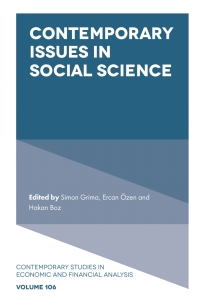Question
D&D Construction Ltd. is based in Maitland, Nova Scotia. The company takes on construction jobs ranging from small contracts worth just a few thousand dollars
D&D Construction Ltd. is based in Maitland, Nova Scotia. The company takes on construction jobs ranging from small contracts worth just a few thousand dollars to multi-million-dollar projects. It only prepares accrual and adjusting entries at year end. The following significant transaction have occurred in 20X7, and may have possible year end adjustment implications:
Saw patent
During 20X7, D&D applied for a patent on a specialized saw; on December 20, 20X7, D&D was advised that the patent process was complete and the companys patent was properly registered as at that date. The saw saves on setup time, which is highly valuable in the construction business. It took several years to perfect the now-patented saw.
The following is a breakdown of costs incurred by the company regarding the patent:
D&Ds owner believes that his own time spent working on the design and testing various prototypes over just the past five years is worth approximately $65,000.
Fees paid to Canadian patent lawyers to help register the patent in Canada totalled $7,500.
Fees paid to American patent lawyers to register the patent in the United States were $3,500 (in Canadian equivalent).
Fees paid to technical investigators were $4,500.
Fees paid to the patent offices to help register the patent were $2,300.
In total, the costs related to the patent are $82,800, excluding any taxes.
The amount paid for the owners time is included in the accounting records in wages, salaries, and benefits. The fees to the patent offices were charged to the fees, licences, and registrations account. The other items paid to lawyers and technical investigators were all charged to professional fees when they were paid. The fees to lawyers, technical specialists, and patent offices were all paid during 20X7. The owner believes that he spent approximately an equal amount of time on the project for each of the years from 20X3 to 20X7. The patent is protected for 20 years in both Canada and the United States. Management believes that the patent will have value for the entire 20-year period of protection. Amortization on the patent will begin in the 20X8 fiscal year.
Required:
Prepare the journal entry to properly recognize the saw patent.
Step by Step Solution
There are 3 Steps involved in it
Step: 1

Get Instant Access to Expert-Tailored Solutions
See step-by-step solutions with expert insights and AI powered tools for academic success
Step: 2

Step: 3

Ace Your Homework with AI
Get the answers you need in no time with our AI-driven, step-by-step assistance
Get Started


